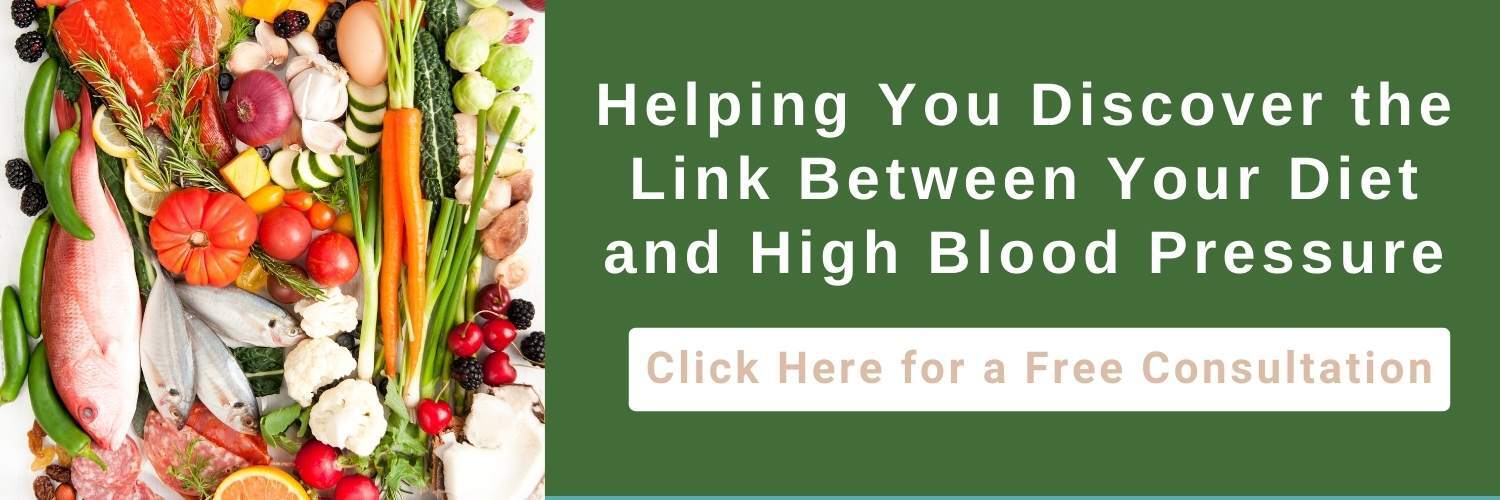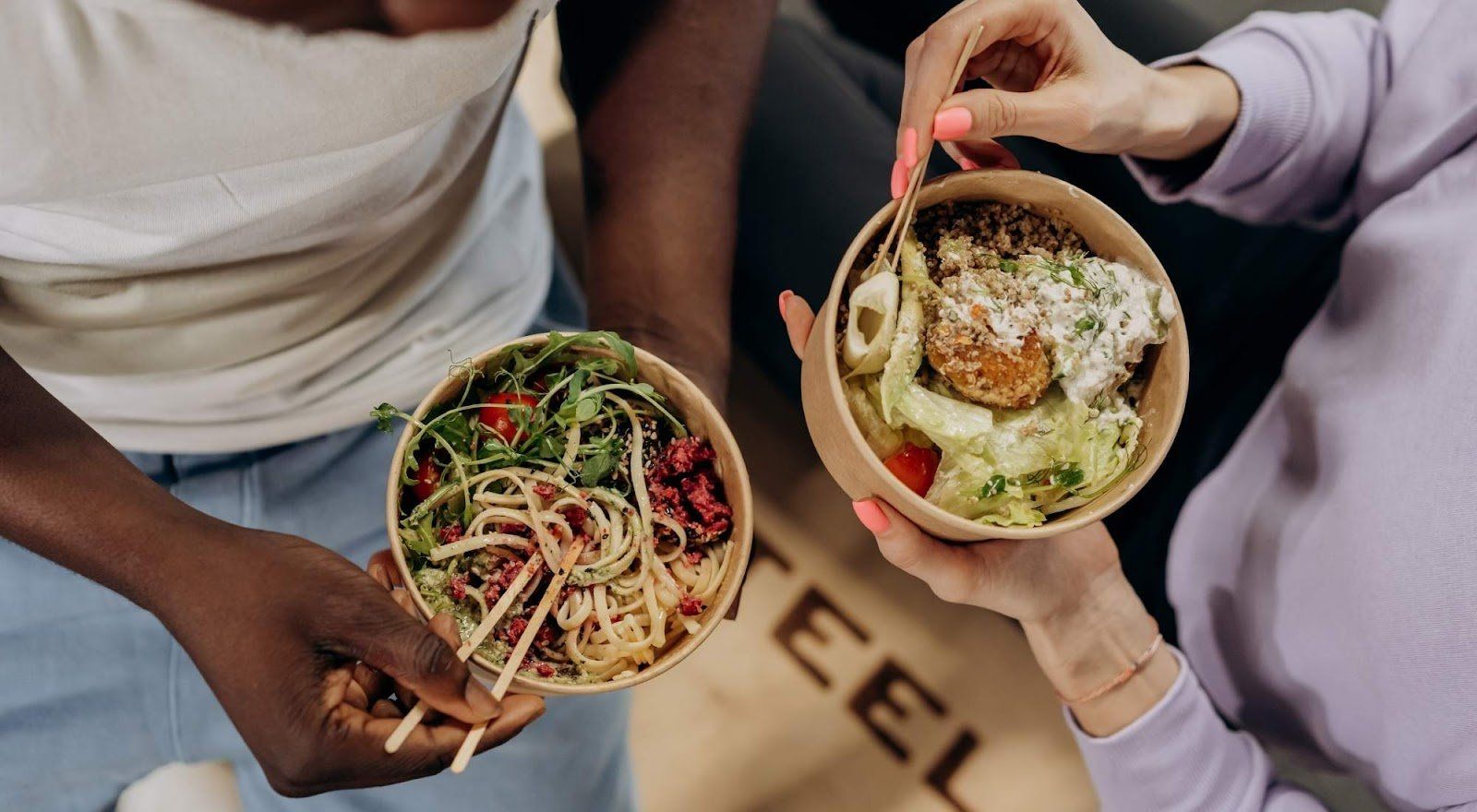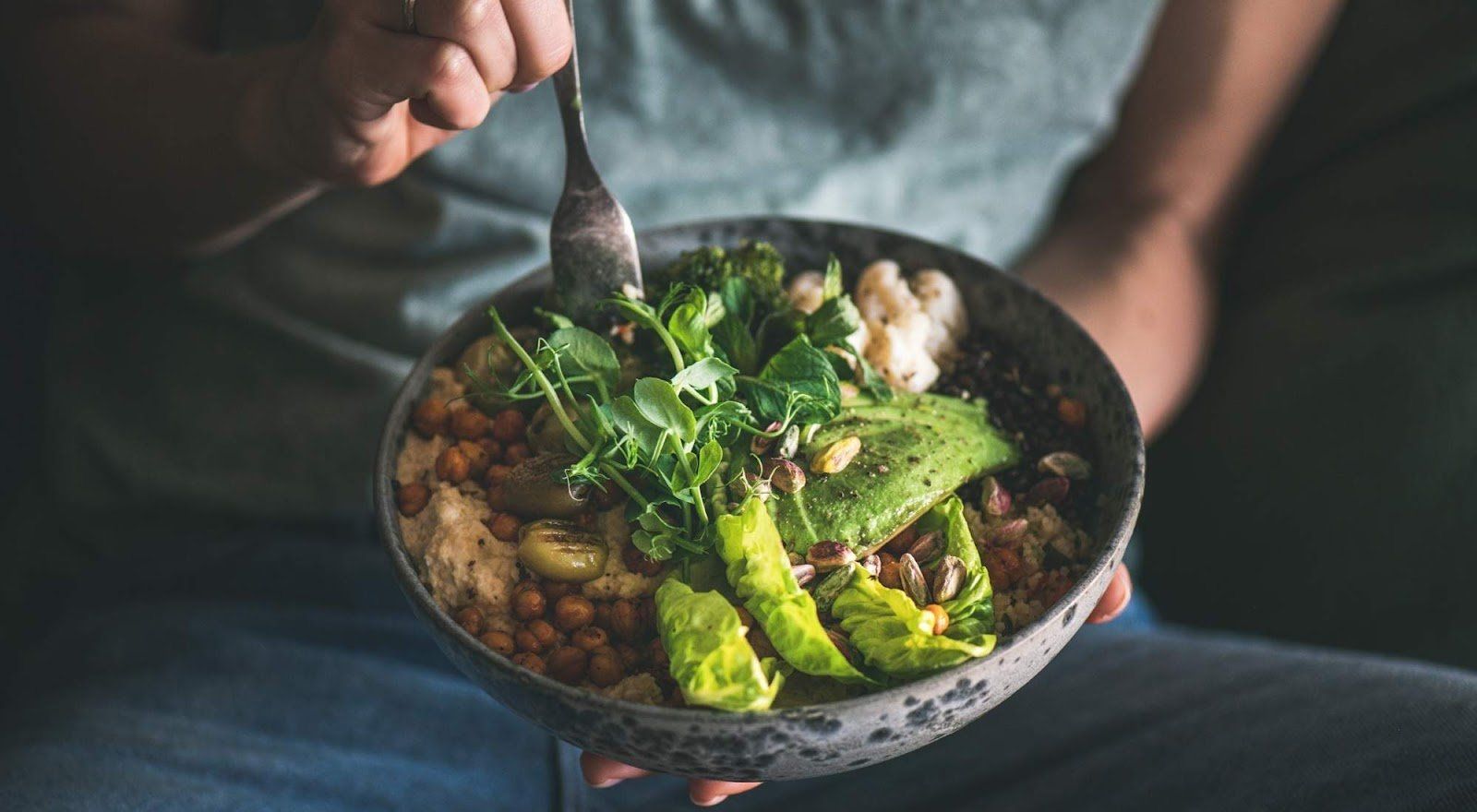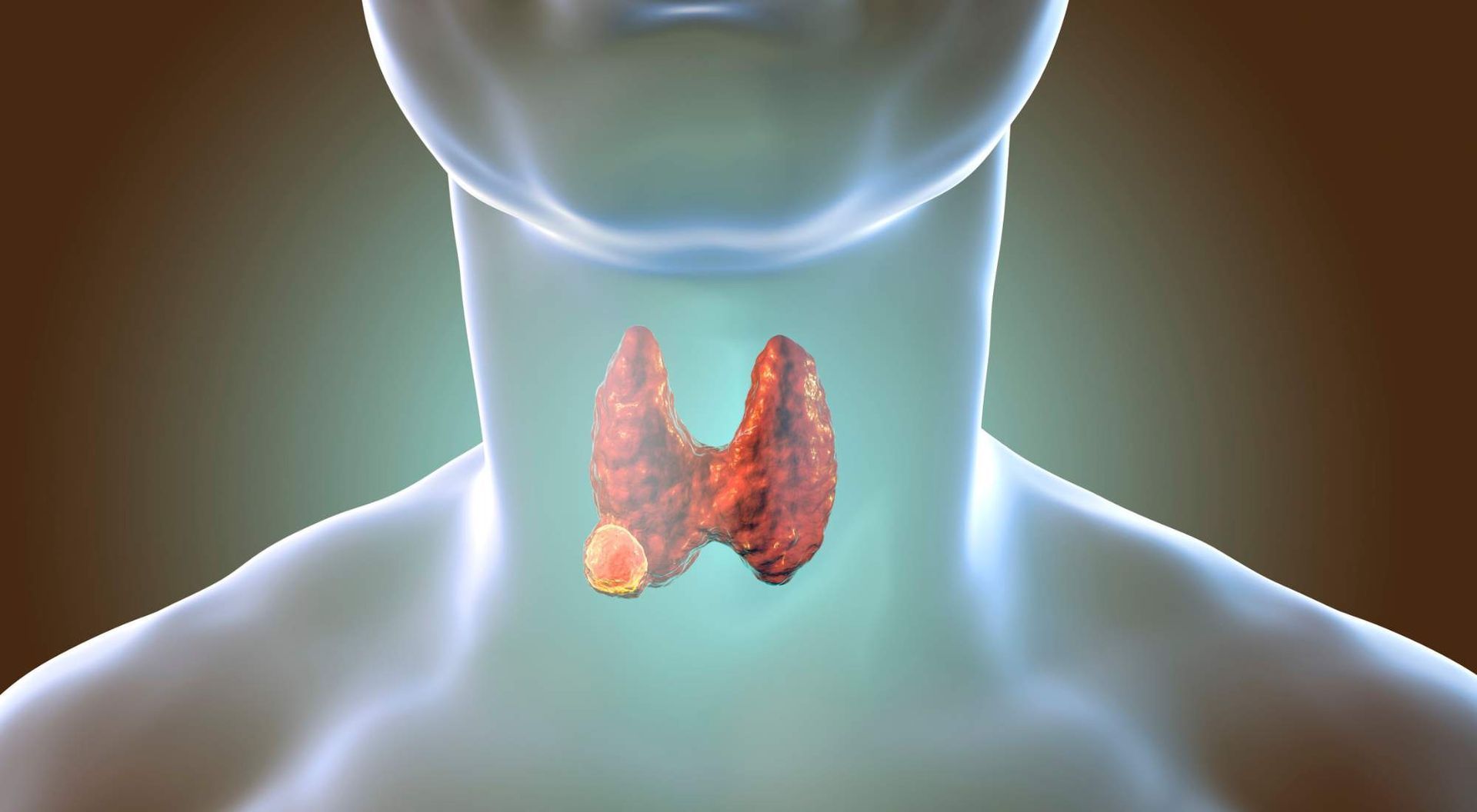Diet and High Blood Pressure: What To Eat, What To Avoid, and Key Takeaways for Controlling Hypertension
"The content below is not intended to be a substitute for professional medical advice, diagnosis, or treatment. Always seek the advice of your physician or other qualified health provider with any questions you may have regarding a medical condition."
The “silent killer” is hitting your health. Your blood pressure is on the rise, again.
You’ve read about the potential medicines that your doctor may need to — or already has — prescribe(d).
You’ve lowered your stress levels as much as possible.
But there has to be more you can do to control your blood pressure holistically.
It’s no secret that your diet can play a large role in your blood pressure — but what does nutrition for high blood pressure actually look like? What foods should you be eating more of and how do you know if you’re avoiding the right foods?
We’re breaking down the foods you should be consuming, the ones you should be avoiding, and what nutrients to look for to help fight high blood pressure.
Table of Contents
- Nutrition for High Blood Pressure: The Link Between Diet and High Blood Pressure
- Can You Control High Blood Pressure With Diet?
- What Nutrients Are Good for High Blood Pressure?
- 5 Foods To Eat for a Blood Pressure Reducing Diet
- What Are the Foods To Avoid for High Blood Pressure?
- 3 Foods To Avoid for a Blood Pressure Reducing Diet
- Key Takeaways: Diet Tips for High Blood Pressure
- HealthierU: Helping You Discover the Link Between Your Diet and High Blood Pressure
Nutrition for High Blood Pressure: The Link Between Diet and High Blood Pressure
Eating an unhealthy diet may increase your risk for heart disease, diabetes, obesity, even certain cancers — but it can even play a role in how high (or how low) your blood pressure is.
A high-cholesterol, high-fat, and high-calorie diet doesn’t just negatively affect your blood pressure, it can impact your entire body. Let’s look at how these foods make the body work harder:
Consuming high-fat, high-cholesterol foods can lead to the buildup of fatty plaque on your blood vessel walls. When this happens, the arteries narrow, and your heart is forced to work harder to push blood throughout your body.
This results in increased pressure against your artery walls, increasing the risk of damaging or even rupturing those arteries.
Can You Control High Blood Pressure With Diet?
Several studies have shown that diet may help lower blood pressure levels in individuals.
For some, making dietary changes — like increasing the amount of potassium and fiber in your diet — can prevent high blood pressure.
For those dealing with high blood pressure, making dietary modifications, like lowering sodium intake and increasing the amount of dietary fiber and protein, may assist in lowering — or managing — blood pressure levels.
For others, making dietary modifications, lifestyle changes, and
angiotensin-converting enzyme (ACE) inhibitors may be necessary to reduce high blood pressure.
What Nutrients Are Good for High Blood Pressure?
Sing it with me!
Potassium, calcium, and magnesium — these are a few of our favorite nutrients for controlling your blood pressure.
Okay, maybe we’ve confused the lyrics. But, in all seriousness, these three nutrients may be just what you need to maintain your blood pressure.
Here’s why:
The American Heart Association advises that adequate intake of potassium can be a preventive measure and treatment option for those dealing with hypertension (high blood pressure). Adequate amounts of potassium help your kidneys excrete excess sodium from your body instead of retaining it.
Calcium helps your blood vessels tighten and relax as necessary, influencing fluctuations in your blood pressure levels.
Additionally, recent studies have found that consuming adequate amounts of magnesium has been shown to improve blood flow by dilating the arteries, which may positively influence your blood pressure.
So, what should you be eating to keep your blood pressure down?
Let’s dive into some of the most
nutrient-dense foods
that can help you maintain a healthy blood pressure.
5 Foods To Eat as Part of a Blood Pressure-Reducing Diet
#1: Fruits and Vegetables
There are a wide variety of fruits and vegetables that can help reduce your blood pressure, so we’re providing you with the ones we find most beneficial.
When looking at your nutrition for high blood pressure, think green. Adding more leafy greens, specifically, to your diet is a great way to do this. Consider the following greens to up your potassium, magnesium, and calcium intake:
- Spinach
- Kale
- Arugula
- Swiss chard
- Collard greens
Maybe a salad a day doesn’t always sound refreshing. That’s okay, too. We’ve all heard the saying, “a banana a day keeps your blood pressure at bay”.
No?
Well, it should be a saying, as it rings true.
Research has found that bananas, as well as citrus fruits, prunes, cantaloupe, and apricots, can help manage your blood pressure because of the potassium found in these fruits.
#2: Low-Fat or Fat-Free Dairy Products
Dairy often gets a bad reputation — but consuming it in moderation isn’t a bad thing — sometimes it can benefit your body.
Although full-fat products can catch unnecessary slack, you may want to avoid them if you’re dealing with high blood pressure.
Instead, opt for low-fat or fat-free dairy products.
Low-fat greek yogurt, for example, can help regulate your blood pressure. It’s full of protein, calcium, and peptides your body needs to maintain a healthy blood pressure, weight, and keep your bones strong.
#3: Nuts & Seeds
Now, don’t jump the gun on this — not all nuts and seeds are manufactured equally. Don’t go running to your local market to grab your favorite snack mix. Remember, too much sodium can wreak havoc on your blood pressure.
Instead, opt for tree nuts, like walnuts or almonds, which increase antioxidants into your bloodstream. These antioxidants can improve blood flow and reduce blood pressure.
Seeds, specifically those like pumpkin seeds, are high in magnesium, unsaturated fats, and fiber, nutrients that are ideal for lowering and managing your blood pressure.
One
study even found that women who consumed three grams of pumpkin seed oil a day for six weeks saw a reduction in their blood pressure.
#4: Whole Grains
Including whole grains in your diet may also fight high blood pressure, according to one study.
Consider including the following whole grains into your daily nutrition for high blood pressure:
- Oats
- Quinoa
- Wild rice
- Barley
- Milet
- Popcorn
- Whole-wheat bread
#5: Lean Meats
Don’t skip on the protein as it’s essential nutrition for high blood pressure. There are many healthy options that you can include in your diet.
Fish and seafood are great sources of potassium — salmon, and tuna, being two that are also high in omega-3 fatty acids which benefit your heart.
Not a fish fan? That’s okay.
Poultry can also help you manage your blood pressure. Chicken and poultry are relatively high in potassium and high in protein.
What Are the Foods To Avoid for High Blood Pressure?
Foods that are high in ..
- Sugar
- Sodium; or
- Saturated or trans fats
… may increase your blood pressure and put your heart health on the line.
Unsure of which parts of your diet might be causing your blood pressure to spike? HealthierU is here to help uncover how your diet affects your body.
We’re specialists in health and wellness and can help you identify and permanently alleviate symptoms with natural remedies. Let us help you determine if your diet is negatively affecting your health and create a plan to help overcome those effects as naturally as possible.
3 Foods To Avoid as Part of a Blood Pressure-Reducing Diet
#1: Saturated and Trans Fats
Eating trans and saturated fats raises the LDL cholesterol levels and lowers the HDL cholesterol levels in your body. This increases your risk of hypertension.
Steer clear of …
- Pre-prepared or packaged foods
- Red meat
- Full fat dairy products
… when making changes in your nutrition for high blood pressure.
#2: Sugar
It’s a culprit not many people consider when looking into their nutrition for high blood pressure — but it may play a large role in ways you might not realize.
Sugar increases insulin levels in the body, which in turn, activates your sympathetic nervous system. Your “fight or flight” response. When activated, your heart rate and blood pressure increase and the sensitivity of your receptors that lower blood pressure is reduced.
Whenever possible, opt for natural sugars, like those found in fruits.
#3: High-Sodium Foods
According to the Centers for Disease Control (CDC), if you are eating a diet that is high in sodium and too low in potassium, this may be causing your blood pressure to increase.
Sodium plays a large role, as too much sodium can cause your body to retain fluid. When too much fluid is retained, the increased volume also increases your blood pressure.
Key Takeaways: Diet Tips for High Blood Pressure
Gaining an understanding of nutrition for high blood pressure can feel intimidating — but once you get into healthy habits, it becomes a lot easier.
Remember to:
- Read nutrition labels — pay attention to the amount of sodium, fat, sugar, etc. in each serving.
- Fresh is best — pre-packaged/pre-frozen meals tend to have ingredients that negatively influence your blood pressure.
- Listen to your body — high blood pressure is known as the silent killer, often not showing any signs that something is truly wrong. Pay attention to how you feel throughout the day, how what you eat makes you feel, affects your energy levels, etc.
- Opt for “no-salt” seasonings.
- Always reach out to your doctor if you're concerned your blood pressure is too high or too low.
HealthierU: Helping You Discover the Link Between Your Diet and High Blood Pressure
Searching for answers? Have you been on blood pressure medicine for decades and are curious if your diet is still playing a role in your symptoms?
Dr. Sergi, at HeatlhierU, may be able to help you find the link between your diet and high blood pressure with Nutrition Response Testing.
How?
Nutrition Response Testing is based on a proven theory that our bodies tell us what’s wrong with them by exhibiting a variety of symptoms — in your case, high blood pressure.
We think of your symptoms as a map that helps us get to the root of the problem with the help of Nutrition Response Testing and nutritional therapies.
When you’re ready to discover more about nutrition for high blood pressure, we’re ready to help. Contact us today to book an appointment and get on your way to a holistic approach to your health.






